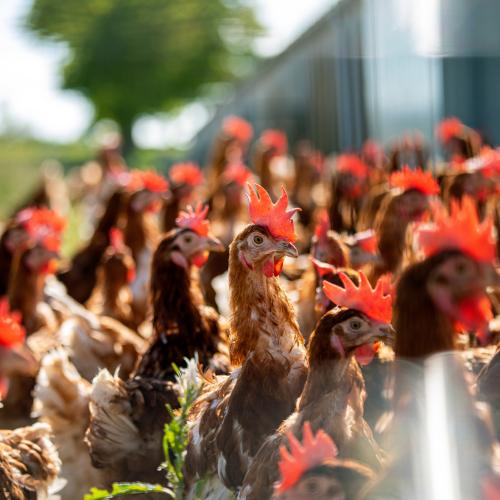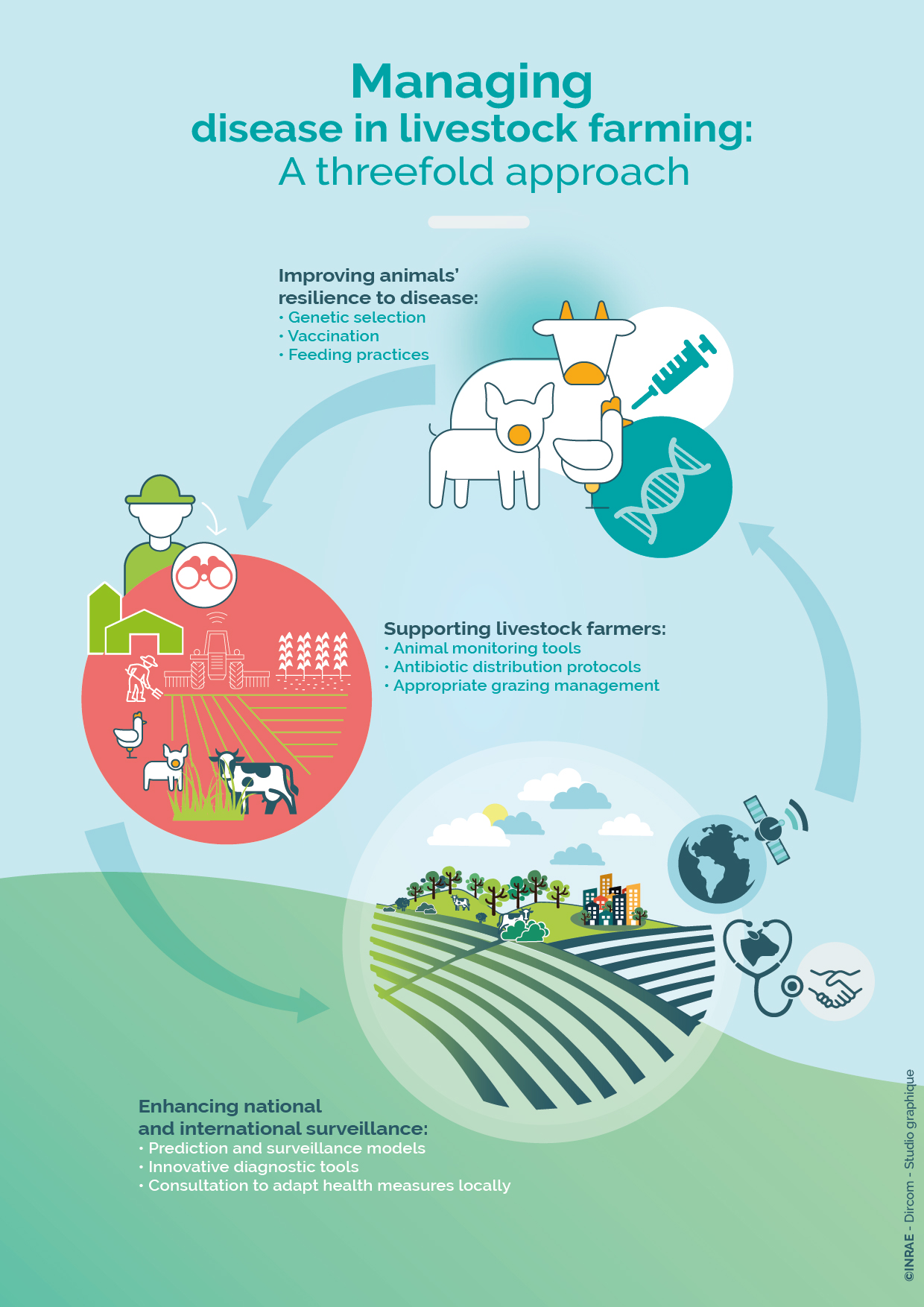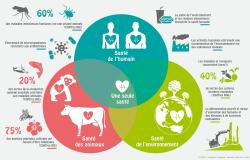Press report
Food, Global HealthLivestock health: challenges, research and solutions
In Europe, disease causes around 20% of annual production losses in livestock farming. Ensuring livestock health is vital not only for animal welfare, but also for the efficient and profitable operation of farms. This report highlights the latest advances and promising innovations aimed at improving livestock health and welfare.
Published on 02 October 2025

Read and download the press report
Editorial
Ensuring livestock health is vital not only for animal welfare, but also for the efficient and profitable operation of farms. It contributes to limiting some of the environmental impacts of livestock farming—carbon footprint and reduced use of medicines. In Europe, disease causes around 20% of annual production losses in livestock farming. In France, the associated economic costs amount to tens of millions of euros annually, while worldwide, they are estimated to reach billions of dollars per year. Amid global changes, the question is no longer whether a new epizootic (animal epidemic) will occur, but rather when. Preventing animal diseases is crucial for human health, as the well-being of humans, animals, and the environment are interconnected—this is the core principle of the ‘One Health’ approach. In this context, the international PREZODE initiative, launched by INRAE, CIRAD and IRD in 2021, aims to prevent the emergence of future pandemics by bringing together more than 170 partners.
INRAE’s activities place animal health and welfare at the core of the transition in livestock farming systems, prioritising agroecological practices that foster economic, environmental, and social sustainability. Ensuring animal health is crucial for the sustainability of livestock farming, achieving a balance between higher productivity and lower dependence on medicine. At a regional level, the institute also offers a new approach to disease management by taking local conditions into account, and adapting sanitary measures accordingly. For example, animal health is an essential component of the new national research programme Sustainable livestock farming: animals, humans, regions, of the Agralife programme agency led by INRAE.
Our research teams work alongside veterinary schools, ANSES, academic partners such as CIRAD, IRD and CNRS, technical institutes and private partners to understand the mechanisms of pathogen propagation and infection, contribute to and improve health surveillance, and develop prevention strategies. Research is conducted at all levels, from molecules to national and international levels, including individual animals, herds and farms.
As digital technologies become more prevalent in livestock farming, researchers are developing new tools for farmers and veterinarians to identify and diagnose sick animals as early as possible, and better protect livestock farming. In collaboration with national and international partners and the French Animal Health Epidemiological Surveillance Platform, scientists are working to improve disease prediction and surveillance models aimed at informing public decision-makers in areas like disease management.
Regarding prevention, researchers are working on multiple complementary approaches— vaccination, selecting animals that are more resistant to disease, nutrition, modulating animal microbiota to improve immunity, etc. Prevention also includes farming practices such as pasture management and the responsible use of medicines to combat drug resistance.
In addition to developing new knowledge, numerous projects are being carried out in collaboration with private partners and agricultural technical institutes to meet the needs of those working in the field and thus accelerate knowledge transfer. This report highlights the latest advances and promising innovations aimed at improving livestock health and welfare.

Learn more

The One Health approach arose with the emergence and re-emergence of infectious diseases, a phenomena exacerbated by globalisation. It follows a simple guiding principle: to protect the health of human populations, it is essential to preserve the health of animal populations and ecosystems. Coming from a broad array of fields, researchers at INRAE are collaborating to generate knowledge and inform decision-making by stakeholders on matters of public health. Interdisciplinary projects have now become the norm.
